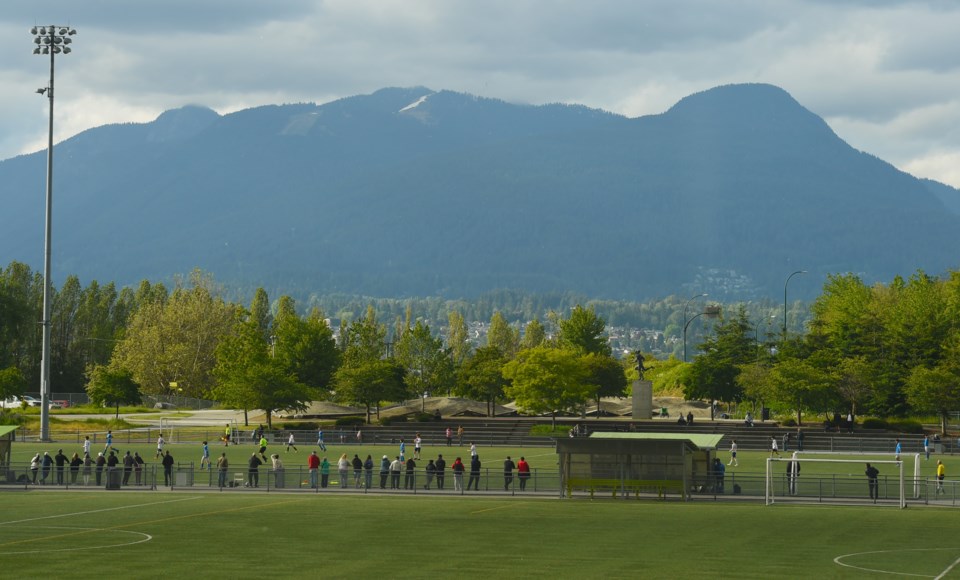Recently Vancouver's Mayor Ken Sim has raised the idea of selling the naming rights to parks and other city sites.
This could raise up to $100 million Sim has said, pointing to hospitals and universities as examples of 'named' places. UBC's Peter A. Allard School of Law is named after a donor, as is the Jim Pattison Pavilion at Â鶹´«Ã½Ó³»General Hospital.
“I'm not an expert in naming rights, but I just see a lot of assets in the city of Vancouver,” the mayor said in February. “We have over 200 parks, we have city-owned buildings across the spectrum. So whatever the number is, it will be significant.”
However, it seems locals aren't so keen on seeing city assets receiving new names.
V.I.A. polled 1,429 readers and asked: Should the city sell the naming rights to city buildings, assets or parks?
Of those votes, 601 were local. Both local and the total voting group seemed to agree, with two-thirds of both saying "No."
A small group of about 16 per cent were ok with city assets aside from parks being named, which could include any city-owned building from fire halls to pools to the city's gas station on Chess Street.
The mayor's idea does have some supporters, though, with around 18 per cent being in favour of opening up city assets to naming.
The poll ran from 5/29/2024 to 6/11/2024. Of the 1,429 votes, we can determine that 601 are from within the community. The full results are as follows:
Results are based on an online study of adult Â鶹´«Ã½Ó³» readers that are located in Vancouver. The margin of error - which measures sample variability - is +/- 2.59%, 19 times out of 20.
Â鶹´«Ã½Ó³» uses a variety of techniques to capture data, detect and prevent fraudulent votes, detect and prevent robots, and filter out non-local and duplicate votes.
With files from Mike Howell.

